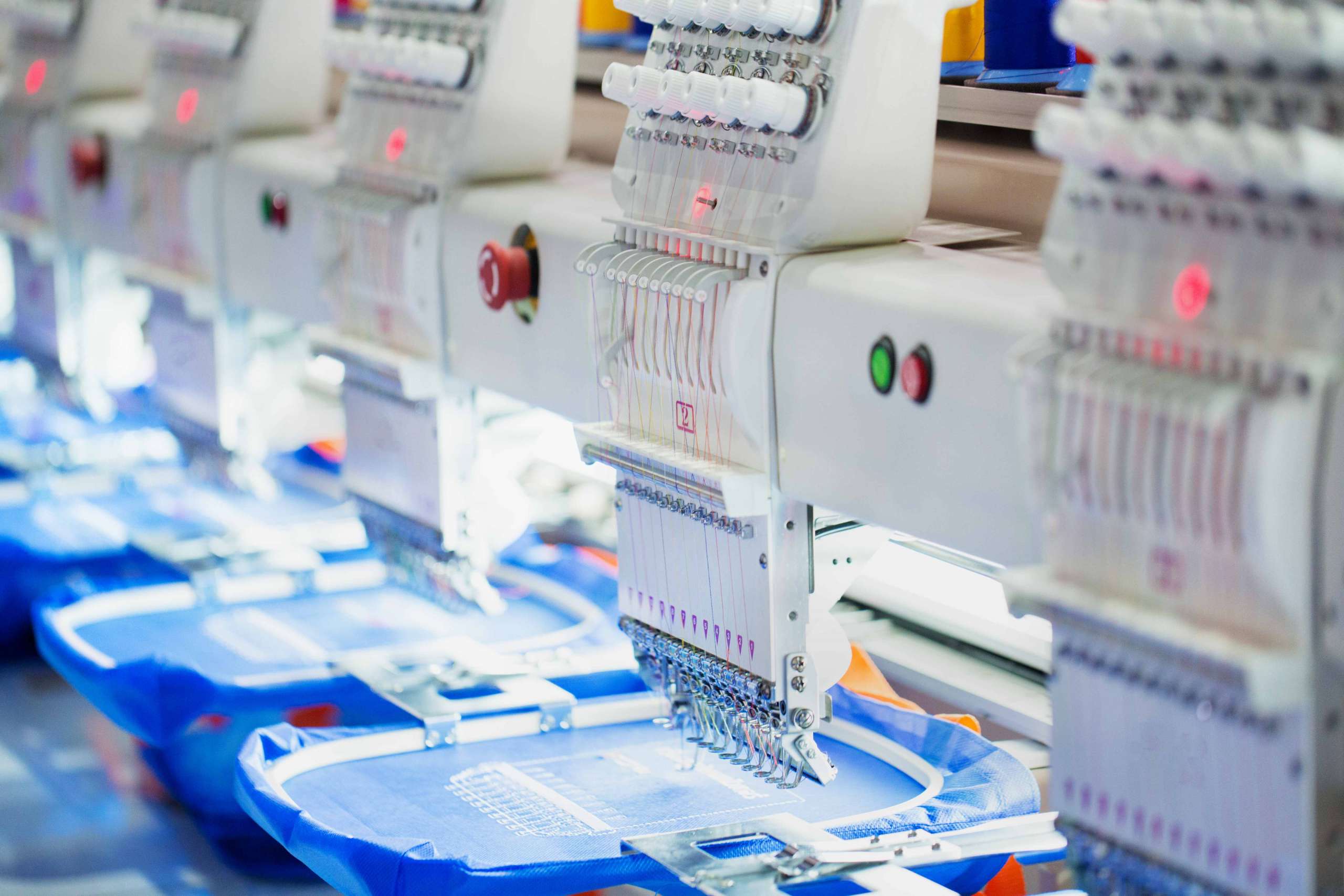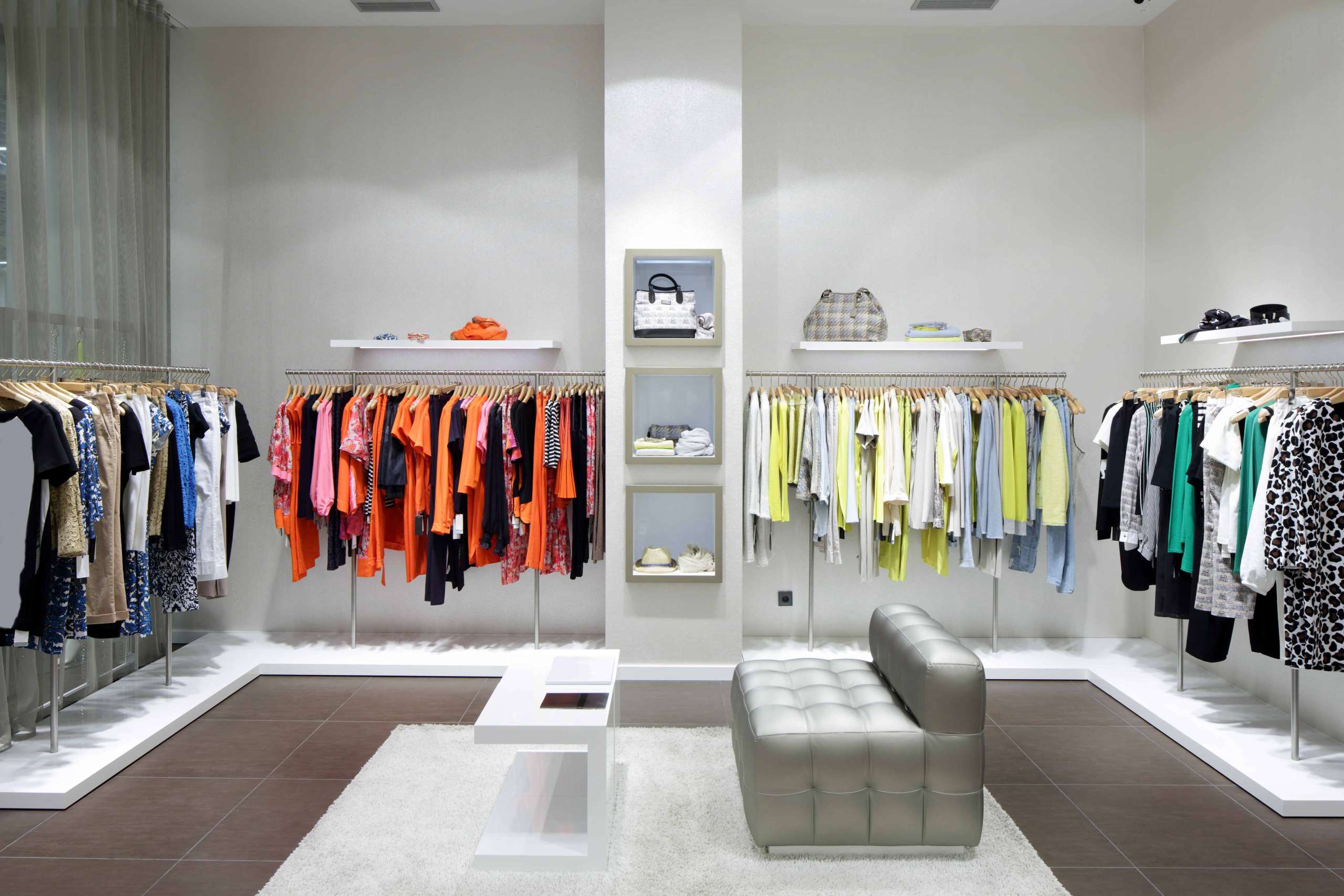Will New AI Redefine the Fashion Industry?

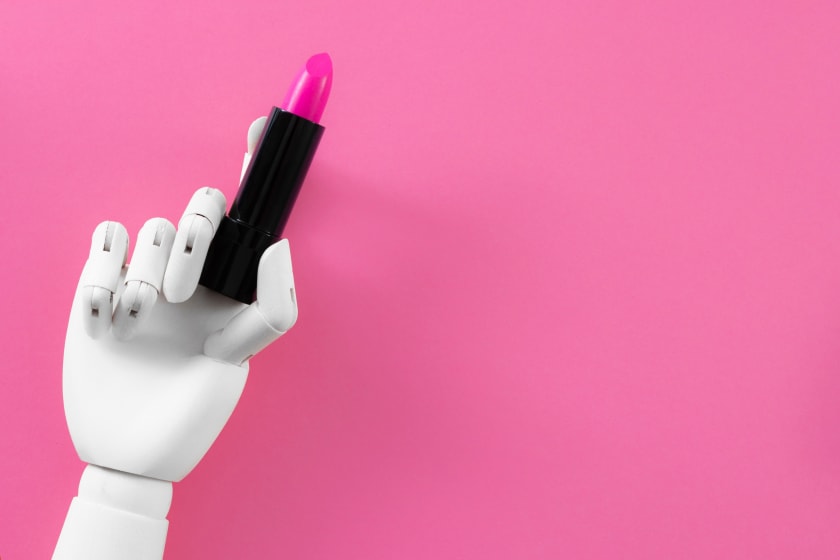

Summary: From sourcing materials to helping customers decide the exact fit of their clothes virtually, new AI is driving core functions of fashion labels, becoming their lifeline in the process. Artificial intelligence is not only helping brands service their customers better but is also optimizing the backend processes such as logistics, maintenance, and last-mile delivery.
Fashion is as old as humanity itself. It is an industry that has always evolved with changing times and trends. However, certain aspects of the industry like styling, new designs, etc. are stuck in the past. Artificial Intelligence is changing this.
No more sifting through racks and racks of clothing to find the right size or even the right style. Artificial Intelligence can now help customers find a new outfit in a matter of minutes. New AI can help customers make informed choices, create better designs, and ensure no two clothes are similar. Moreover, machine learning can help in predicting trends, and customizing footwear, clothing, and accessories for tailor-made use and look.
Different Kinds of New AI Working Behind the Scenes
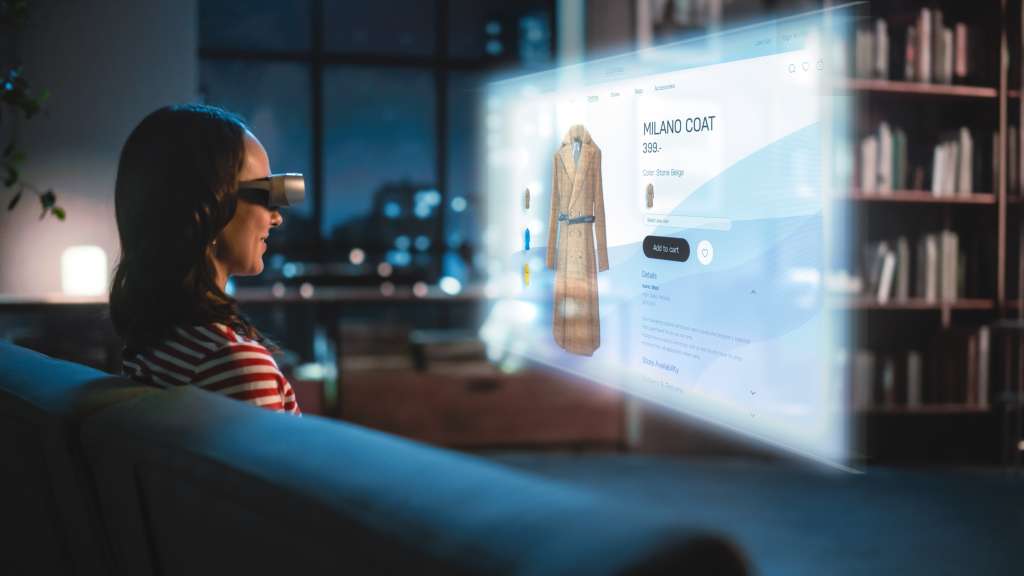
Fashion brands are synthesizing data streams to offer trending products at competitive prices. Several AI-based applications have become the lifeline of fashion and clothing brands. Here are 10 different aspects where new AI is helping businesses and customers make insightful decisions.
1. Personalized styling and recommendations:
AI algorithms can be used to recommend clothing and accessories that match an individual's style and preferences. AI-driven virtual try-on technology allows customers to try on clothes and accessories virtually before they buy. Apps like Bodify and Fit For Everybody are using customer data, such as photos, and are processing them using new AI and computer vision. This way, these apps suggest the clothing brand and range having the exact measurement of the customer from anywhere in the world!
2. Inventory management:
AI and ML algorithms are being used to predict demand for different products and optimize stock levels accordingly. AI is optimizing logistics and supply chain processes, allowing fashion businesses to move products more efficiently through the pipeline and deliver them to the end user.
3. Preventing counterfeiting:
High-end brands like Burberry are using new AI to prevent counterfeiting of their products and remove cheap knock-offs in the market. Entrupy, an AI-powered application, helps fashion and footwear brands to detect fraud and secure supply chains.
4. Virtual assistant:
AI-powered chatbots can provide quick and accurate responses to customer inquiries and help with online shopping. H&M's chatbot can assist customers with product information and store locations, and also help with online shopping. Sephora's chatbot, Sephora Virtual Artist, can assist customers with product recommendations, makeup tutorials, and virtual try-on.
5. Retail analytics:
AI-driven retail analytics can be used to understand customer behavior and preferences. Customer measurements, preferred colors and styles, and purchasing power can all be determined using retail analytics.
6. Image recognition:
Fashion brands are employing AI-powered image recognition technology to improve product search, tagging, and sorting. Zara Visual Search, by the fast fashion brand Zara, allows users to take a picture of a clothing item and find similar items on the Zara website.
7. Last-mile deliveries:
More and more brands are optimizing their logistics to make same-day deliveries. AI-driven drones are now being tested and used to deliver packages and goods in a relatively short time and over difficult terrains.
8. Social media monitoring:
AI algorithms are being used to monitor the social media footfalls of their users for fashion trends, brand mentions, and customer sentiment. This information becomes a part of the big data, which is then processed by new AI to identify areas where a company can expand operations, or make changes based on the behavior of the target group.
9. Product development:
AI-driven product development technology can be used to create new designs and patterns for clothing and accessories. Uniqlo is creating an unprecedented in-store experience by setting up AI-powered kiosks. These kiosks record a customer’s response to different styles, designs, and colors of a new line through neurotransmitters. The customer is then recommended the product that best suits them. Zalando also recorded the reactions and preferences of 600 fashionistas and trained a neural network powered by new AI to give them exactly what they had in mind.
10. Predictive maintenance:
AI-driven predictive maintenance technology is being used to predict when equipment and machines used in textile and apparel manufacturing will need maintenance. This reduces downtime, keeps supply lines operational, and optimizes productivity.
New AI is the Way Forward
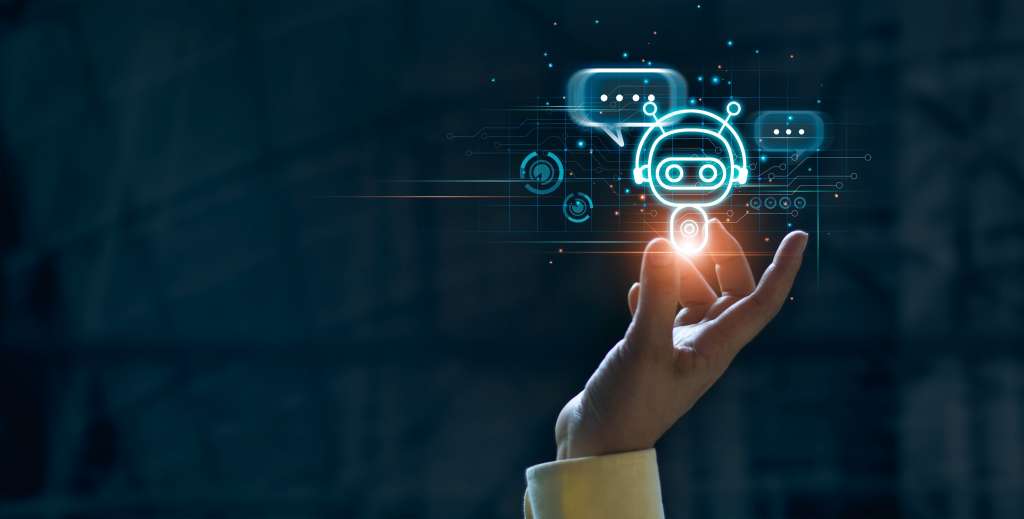
In the fashion industry, new AI is not only helping businesses and their customers make informed decisions, but it has also become the life source for startups and big brands. AI-powered apps are recommending clothes based on an individual's body measurements. AI-powered automation is allowing brands to personalize products and give customers an unmatched shopping experience. AI is also being used for predictive maintenance and to ensure secure and reliable logistics for streamlined and optimized operations.
Key Takeaways:
- New AI apps are creating personalized styling recommendations. These apps provide fashion advice based on a customer's style and preferences.
- AI-powered apps can analyze current fashion trends and predict future color palettes, giving brands a headstart over competitors.
- Artificial intelligence is personalizing the shopping experience by recommending products based on a customer's browsing and purchase history.
If you are new to artificial intelligence and its applications in the industry, Fashinza can help you get onboard and join the bandwagon. Get in touch with our experts to find out how small and medium-scale businesses can maximize their profits and streamline operations with new AI and machine learning.















